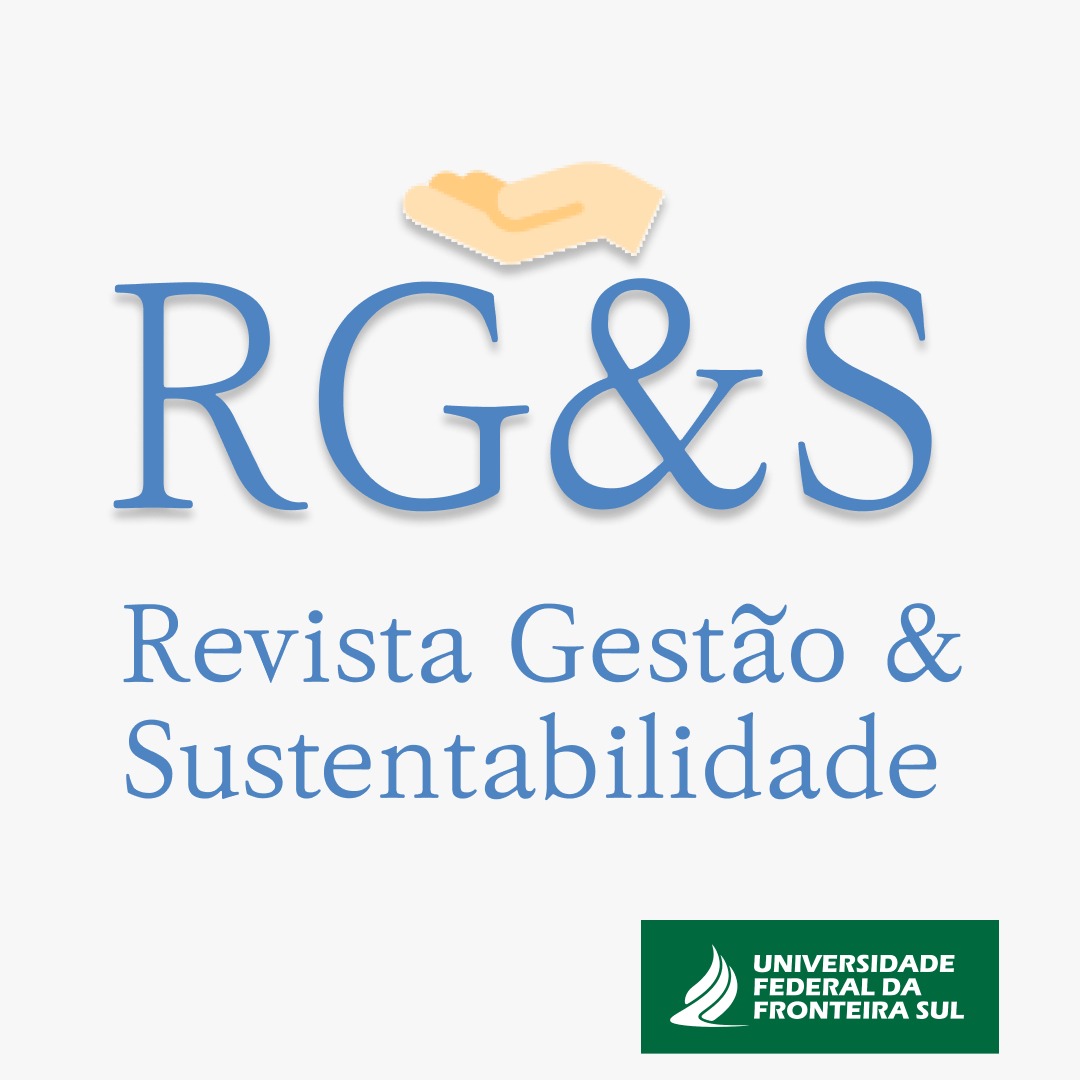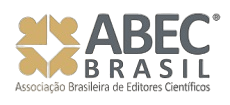Production of Yerba Mate Extract with Zero Waste Principle Using Agricultural Recycling
DOI:
https://doi.org/10.36661/2596-142X.2024v6n1.14336Palavras-chave:
Yerba Mate Industry, Zero Landfill, Soil Fertility, Nutrient Recycling, Agricultural Sustainability, Sustainable Waste ManagementResumo
This study revealed that the yerba mate residue (YME) generated in producing Ilex paraguariensis tea extract is non-hazardous and non-inert. Reintroduced YME can make Mn, Fe and Zn available in yerba mate cultivation soil. A dose of YME (84.6, 56.4, 28.2, 14.1 t.ha-1 or not = control) was reintroduced into 5 recipient areas of the yerba mate forest in Paraná, Brazil to avoid unnecessary disposal from YME to landfill. The effect of reintroducing YME was evaluated in terms of soil change (potassium, phosphorus, sodium, calcium, magnesium, pH, and electrical conductivity) for two depths (0 to 10 cm or 10 to 20 cm), change in leaf composition, and growth of its branches for up to 210 days. YME agricultural recycling increased (p<0.05) the potassium content in both soil layers from the 90th day onwards and was beneficial for leaf productivity and branch growth. Additional studies must be carried out to determine the long-term effects. Even so, YME recycling is recommended to minimize the export of nutrients from the soil since there are no agronomic, sanitary, and safety restrictions, offering an innovative and environmentally sustainable solution for this industrial waste of yerba mate extract. Additionally, recycling minimizes unnecessary expenses with soil improver for small yerba mate producers. It extends the useful life of the landfill, which is also advantageous for the community surrounding the company.
Downloads
Downloads
Publicado
Edição
Seção
Licença
-
O(s) autor(es) autoriza(m) a publicação do artigo na revista;
-
O(s) autor(es) atesta (m) que a contribuição é original e inédita e que não está em processo de avaliação em outra(s) revista(s);
-
A revista não se responsabiliza pelas opiniões, ideias e conceitos emitidos nos textos, por serem de inteira responsabilidade de seu(s) autor(es);
-
É reservado aos editores o direito de proceder ajustes textuais e de adequação do artigo às normas da publicação;
-
Autores mantêm os direitos autorais e concedem à revista o direito de primeira publicação, com o trabalho simultaneamente licenciado sob a Creative Commons Atribuição 4.0 Não Adaptada, que permite o compartilhamento do trabalho com reconhecimento da autoria e publicação inicial nesta revista














